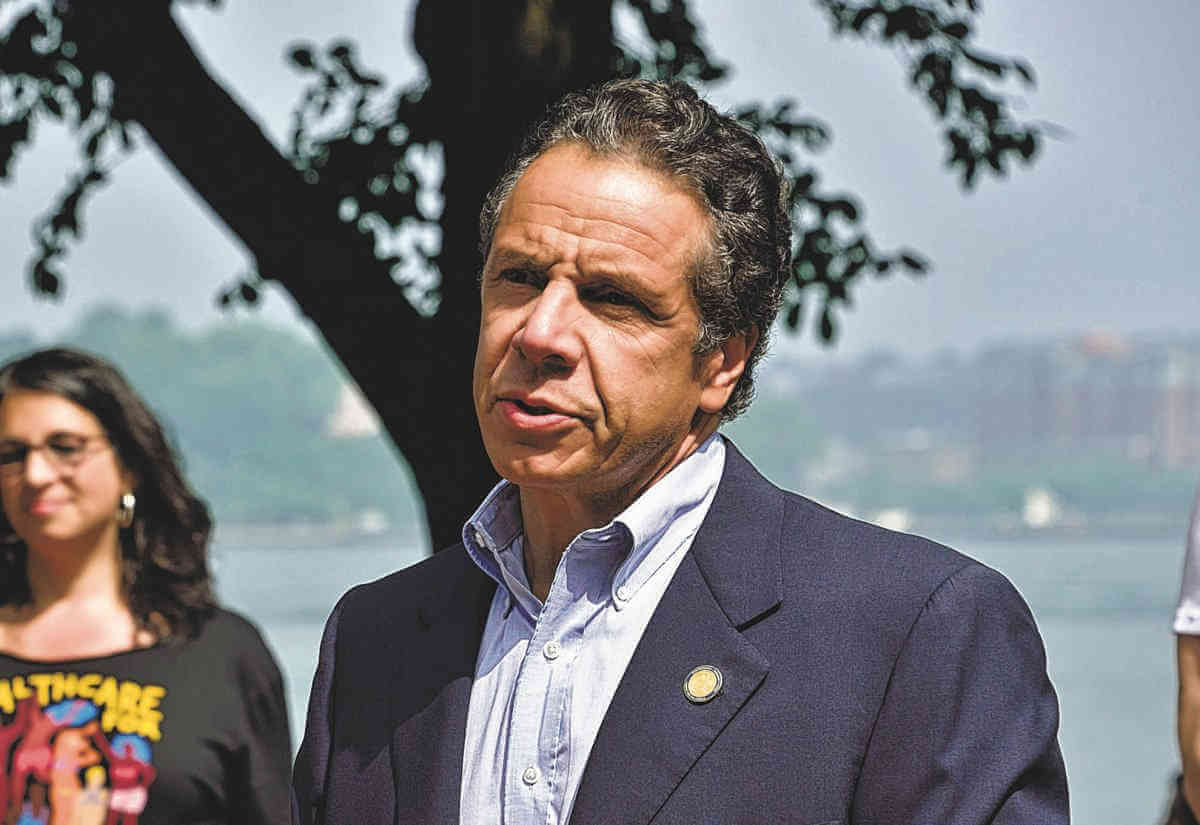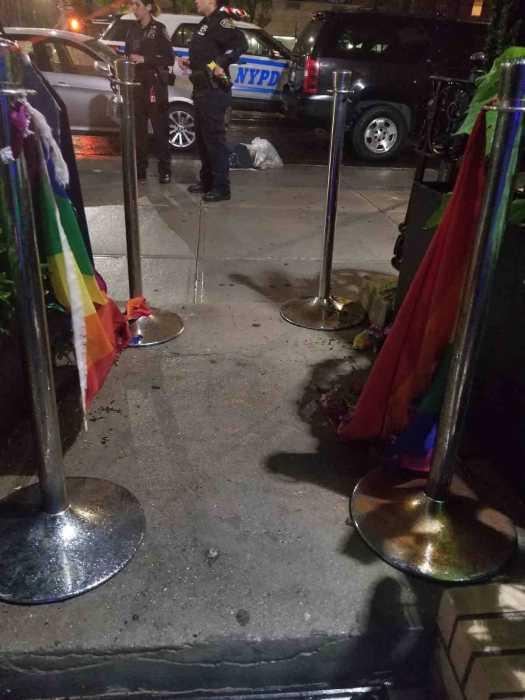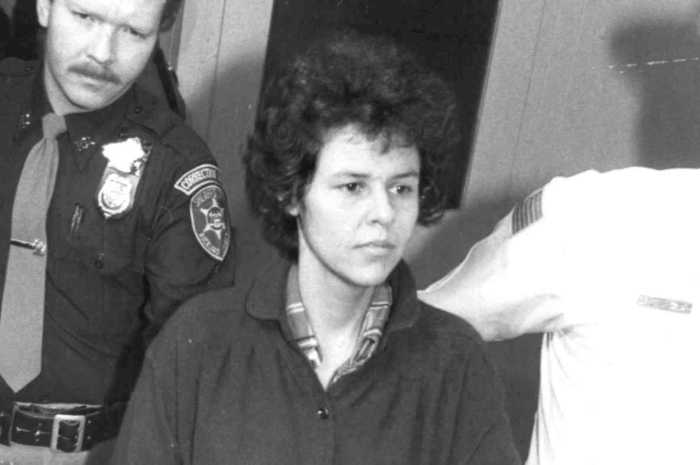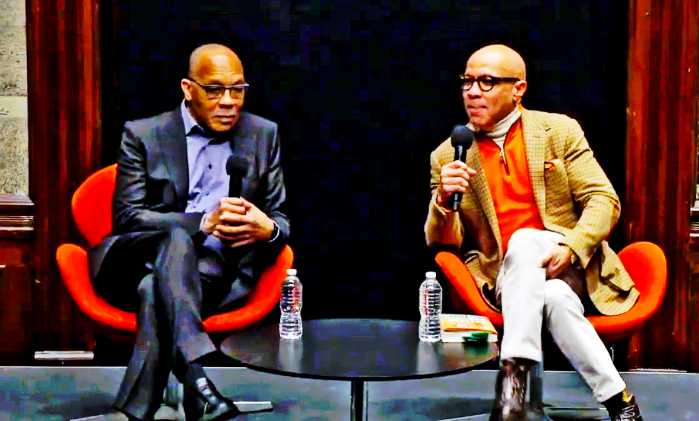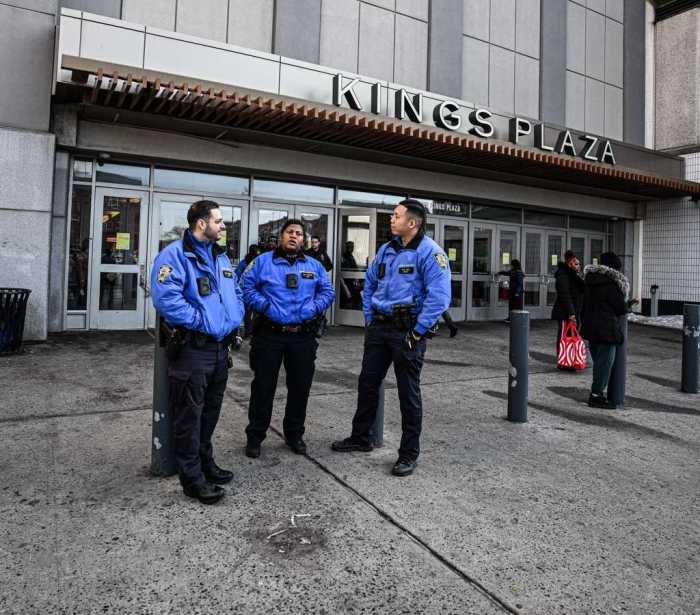A grim determination has settled over the movement in New York State to end racially biased drug arrests and to legalize pot.
The original agreement to do the bill as part of the budget was a legislative strategy to allow members of the Assembly and the Senate to keep their distance from a hot-button issue. That cover is gone after Governor Andrew Cuomo reversed himself and took provisions allowing adult use of marijuana out of the budget.
As the April 1 budget deadline approached, a variety of issues dogged the legalization effort. While some legislators wanted tax revenues from legal sales to go back to the communities where discriminatory arrests have occurred, the governor talked about using the money for subways. Police wanted extra funds to train officers in drug recognition because there is no test like a breathalyzer for marijuana intoxication. And there were also attacks that conjured visions of more auto accidents and of teenagers becoming schizophrenic from toking pot.
False starts are a familiar pattern with Cuomo, and that gives reformers hope that by the end of June there will be a bill. When the legislative session opened, Cuomo was making promises, based on his announcement the month before that legalization would come soon. In a December 17 article, The New York Times quoted the governor saying, “The fact is we have had two criminal justice systems: one for the wealthy and the well off, and one for everyone else [which has] for too long targeted the African-American and minority communities.”
At an April 2 press conference, drug reform advocates noted that Cuomo’s December statement was not the first time he promised to end disparate criminal justice enforcement. According to The Times, in his 2013 State of the State Address, the governor said, “There is a challenge posed by the stop and frisk police policies. Roughly 50,000 arrests in New York City for marijuana possession, more than any other possession. Of those 50,000 arrests, 82 percent are black and Hispanic. These arrests stigmatize, they criminalize, they create a permanent record. It’s not fair. It’s not right. It must end. And it must end now.”
That year as a first step in ending New York’s war on marijuana, Chelsea Assemblymember Richard Gottfried, working with Republicans, agreed on a medical marijuana bill that would help people suffering from a wide range of symptoms. At the end of the session, Cuomo rejected the Legislature’s work and insisted on his own bill. A crabbed and limited medical marijuana program, which achieved notoriety because it would not sell smokable pot, was the result. Only a limited number of dispensaries were opened, and the plan has only slowly taken root.
The governor likes to “get credit” is the explanation offered by Kassandra Frederique, the New York State director of the Drug Policy Alliance, a major leader in the Smart New York Coalition supporting adult use of marijuana.
Frederique explained, “We are very clear about Governor Cuomo around marijuana reform. In 2014 and 2013, we were going to deal with marijuana arrests and then it did not go into the budget.” It did get done by the end by the end of session, however.
Cuomo now insists there will be a legalization bill by the end of session, and Frederique is taking him at his word.
“I’m very aware of a Cuomo calculus,” she said. “It is something that he wants to get credit for getting it done.”
Her bottom line is that in the past the governor has done last-minute rescues and it can still happen this year.

